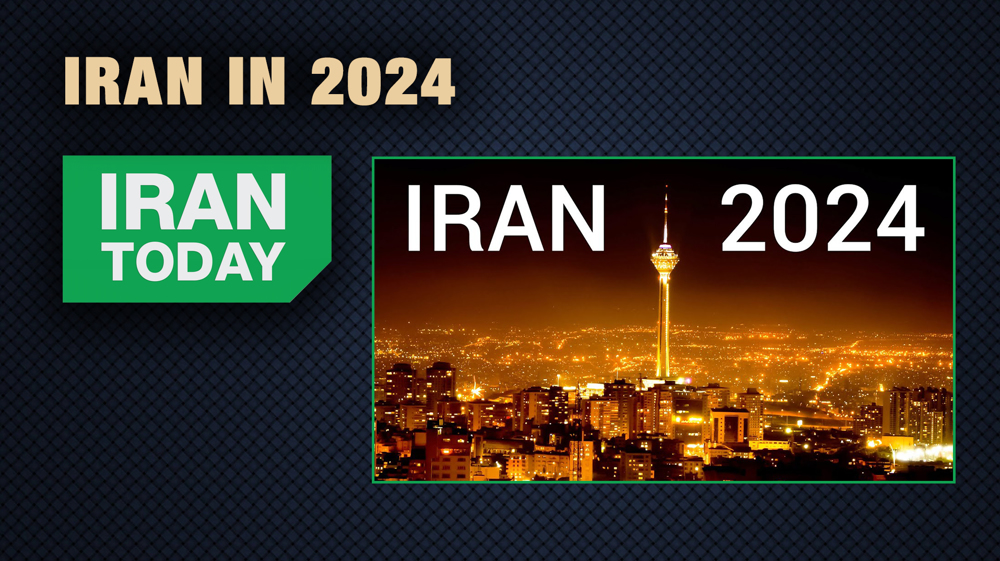Iran Sanctions Act and the Iran nuclear deal
The US Congress earlier extended the so-called Iran Sanctions Act (ISA) for another 10 years. The extension is considered by many Iranians as a violation of the JCPOA. However, some observers differ.
Iran’s landmark nuclear deal with the six major world powers — the JCPOA — came to fruition in July 2015, paving the way for economic sanctions relief for the Islamic Republic.
Under the deal, Iran agreed to, inter alia, cut down on its uranium enrichment, and in return, the US, the United Nations and the European Union would to terminate all nuclear-related sanctions against Tehran.
As verified by the head of the IAEA, Iran has fulfilled its obligation under the deal; the US, on the other hand, has failed to keep its end of the deal in many cases, including most recently by extending the ISA.
The Islamic Republic has written a letter of complaint to the United Nations over the vote on the legislation at the US Congress.
The origins of the 10-year ISA bill go back to 1996, during the first Clinton administration, when the US Congress imposed economic sanctions on Iran to target its oil production.
According to the act, all investments over 20 million dollars in the Iranian oil sector were banned. Later, the investment ceiling reached 40 million dollars.
To many in Iran, this only shows US insincerity and its lack of commitment to and good faith in implementing the Iran nuclear deal. They believe that the US lawmakers’ vote to extend ISA was not only a move against the Iranian nation and administration but also against international agreements.
UNRWA unraveled amid Israel's allegations, reduced intl. support
Palestinian journalist, a Sobh Media Festival awardee, killed in Gaza hours before truce
Jan. 15: ‘Axis of Resistance’ operations against Israeli occupation
VIDEO | US fires: Criticism mounts over govt. failure to respond
VIDEO | Fears, hope in Gaza amid intensified ceasefire efforts
VIDEO | Press TV's news headlines
Hamas: Ceasefire agreement result of steadfastness, resistance in Gaza over 15 months
Hamas thanks Iran, Resistance Front following achievement of ceasefire in Gaza









 This makes it easy to access the Press TV website
This makes it easy to access the Press TV website